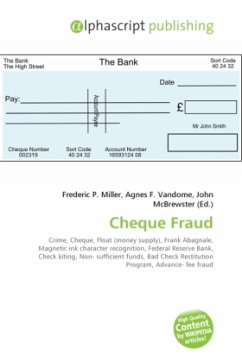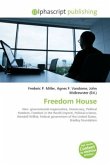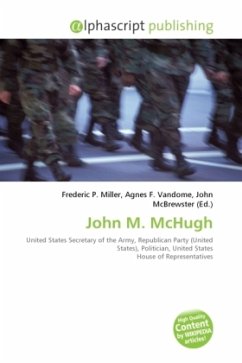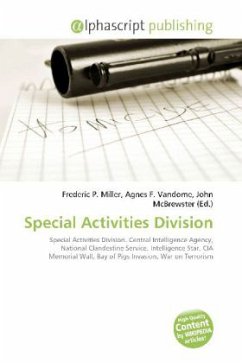Cheque (or check) fraud refers to a category of criminal acts that involve making the unlawful use of cheques in order to illegally acquire or borrow funds that do not exist within the account balance or account-holder's legal ownership. Most methods involve taking advantage of the float (the time between the negotiation of the cheque and its clearance at the cheque-writer's bank) to draw out these funds. Specific kinds of cheque fraud include cheque kiting, where funds are deposited before the end of the float period to cover the fraud, and paper hanging, where the float offers the opportunity to write fraudulent checks but the account is never replenished. The most notorious "bad cheque artist" of the 20th century, Frank Abagnale, devised a scheme to put incorrect MICR numbers at the bottom of the cheque he wrote, so that they would be routed to the incorrect Federal Reserve Bank for clearing. This allowed him to work longer in one area before his criminal activity was detected.
Bitte wählen Sie Ihr Anliegen aus.
Rechnungen
Retourenschein anfordern
Bestellstatus
Storno








